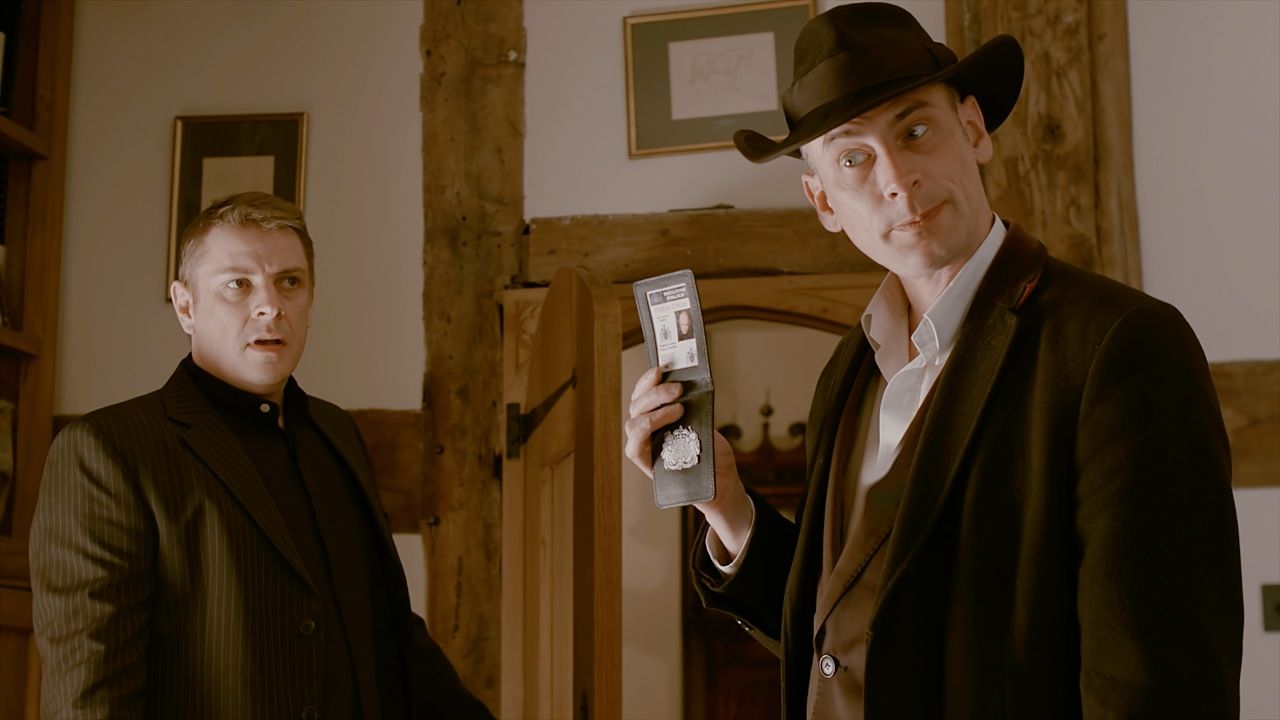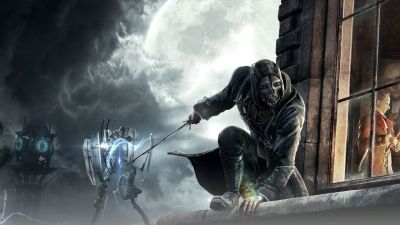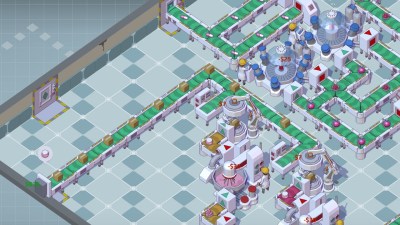After finishing the wonderful Her Story recently (review here) I found myself in the awkward place of having to re-evaluate my position on the worth of FMV adventure games. You know the ones: games like The 7th Guest and Tex Murphy, that cheerfully integrated low-budget video and terrible acting with basic puzzling while attempting to persuade a legion of sceptical gamers that yes, FMV was the future.
That was back in the early 1990s, when publishers started to think of ways to fill the space suddenly afforded to them by the emerging CD-ROM format. The result was a flood of awful video games filled with “stars” you’d never heard of, most of which were so bad that they have since been all but erased from collective consciousness.
But in more recent years a number of developers - most of them hailing from the indie scene, admittedly - have looked back at that era and seen not a period best consigned to the toilet bowl of history, but instead a period of unfulfilled potential. And so we end up with oddities like Cloud Chamber, Her Story and now Contradiction, developed a composer Tim Follin.
Follin cut his teeth working on the soundtracks for titles as diverse as Ecco the Dolphin and Lemmings, but after a stint working in the TV industry he managed to raise enough money on Kickstarter to fund production of a mystery game he’d been kicking around in his head for a number of years. The result is something that’s obviously - and deliberately - low-budget, but with plenty of charm
Contradiction plays like a cross between a standard point-and-click adventure and Ace Attorney. A girl has been found dead in the sleepy English village of Edenton, and Detective Frederick Jenks has been sent in to investigate.
What follows is essentially high camp: as Jenks, you interrogate the village’s inhabitants and attempt to catch them out when they lie. Speaking to each person about various subjects or gathering evidence will add a new option to your line of questioning. It’s then your job to spot the contradictions in their statements - which uncovers more information, and so on.
It’s pretty simple stuff, and admittedly it necessitates a lot of backtracking. But Edmonton village is small enough that the backtracking never feels tedious, aided by a fast-travel function accessible from the map screen; and the knowingly awful performances of the assembled cast makes each dialogue clip an amusing pleasure to watch.
Contradiction gives the strong impression that it revels in the fact that people expect FMV-focused adventure games to be low budget and terribly acted. The acting is
As you investigate the town and its inhabitants, it soon becomes clear that there’s a lot more going on than just a dead girl.
terrible; but the crucial difference between Contradiction and all those shit FMV adventures from the nineties is in just how self-aware the whole thing is. Of course the acting is crap, because the acting in FMV games is supposed to be crap.
Lead actor Rupert Booth, who plays protagonist Frederick Jenks, has never met a facial expression he didn’t like; John Guilor, who portrays blatant bad guy Ryan Rand,
does his best Tim Curry impression as he sneers his way through every scene he’s in. In fact, the only thing missing from Guilnor’s character is a curled mustache and theatrical laughter.
Had the actors involved played every scene straight, Contradiction wouldn’t provide half as much enjoyment as it does. Instead, it becomes something almost mythical: a game where you actually look forward to the cut scenes, rather than dread them.
Some objects can also be collected from the environment, acting as either a conversation piece (“Have you seen… THIS?” Jenks will ask repeatedly, pulling out an object with a dramatic flourish and a smirk on his face) or a means of accessing a previously inaccessible area. These rarely evolve beyond simple locked door puzzles, and they only make up a small fraction of the overall gameplay, however; Contradiction always remains focused first and foremost on its central mechanic of spotting lies, and it’s all the better for it.
When the game decides to deviate from the interrogations is when you start to enjoy yourself a little less. Picking up objects in one location to use them in another is the bread and butter of adventure games, of course; but sometimes you’ll find yourself with no idea how to progress the main stor and wandering aimlessly from screen to screen in the hope of triggering something new.
Travelling to every possible location on the map in the hope that you might trigger an encounter you had no way of knowing was waiting for you, or discovering objects that weren’t previously apparent (despite seemingly having been there all along) happens a little too regularly throughout the story. There are clues available to you which point you in the right direction, but it’s hard not to think that they exist to mitigate the flaws in design rather than to help you solve a puzzle that’s impeding your progress.
Elsewhere, the interface can sometimes annoy. Particularly on iPad, where you can either tap on-screen arrows to move to a different area or tap a direction from an options
list at the bottom, it often feels as though the game is mis-reading where you want to go. One building in particular proved the worst for this, with two arrows pointing in opposite directions situated right next to each other, leading to the game frequently sending me in the wrong direction.
A few of the contradictions also feel a bit obtuse, which can lead you to trying every option with every other available option because you know a subject is lying, but can’t work out which pairing of statements will let you prove it.
Still, Contradiction doesn’t last long enough for its flaws to truly get in the way of the fun, and for the most part you’ll be too busy relishing in the overt campiness of its over-the-top acting to find yourself caring about the fact that you’re not sure how to progress.
For a game produced on an obviously low budget, and one which revels in the awfulness of early nineties DMV, Contradiction ends up being far more enjoyable than it has any right to be. Follins manages to turn the format’s primary disadvantage - the reliance on low production values and amateur actors - into an asset, to the point that you look forward to the next cutscene rather than dread it.
A few interface problems and slightly obtuse puzzles aside, Contradiction is well worth checking out. It may not be as cleverly written as Her Story, but it’s a fun few hours spent untangling an intriguing mystery and laughing along with its knowingly awful performances.



